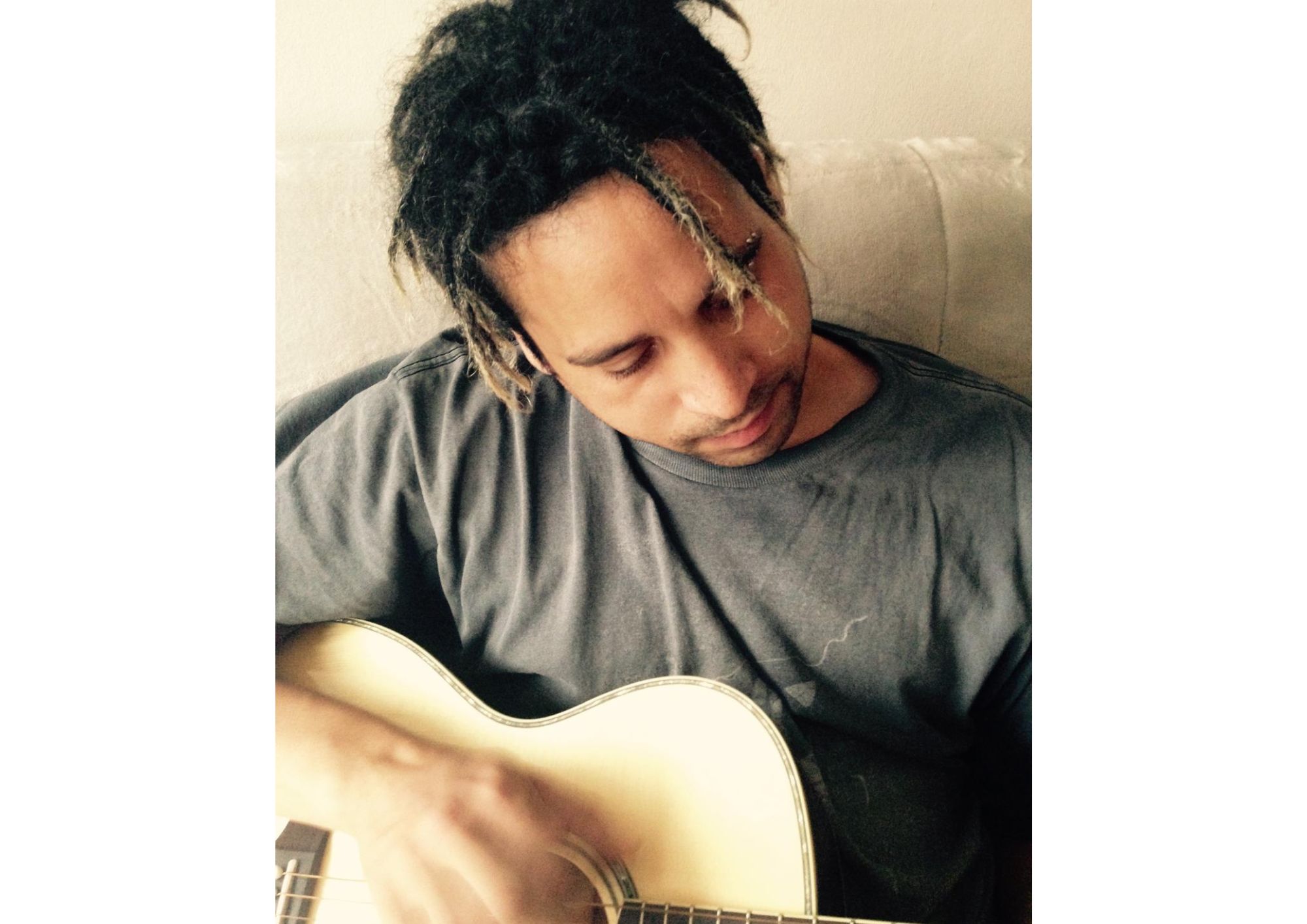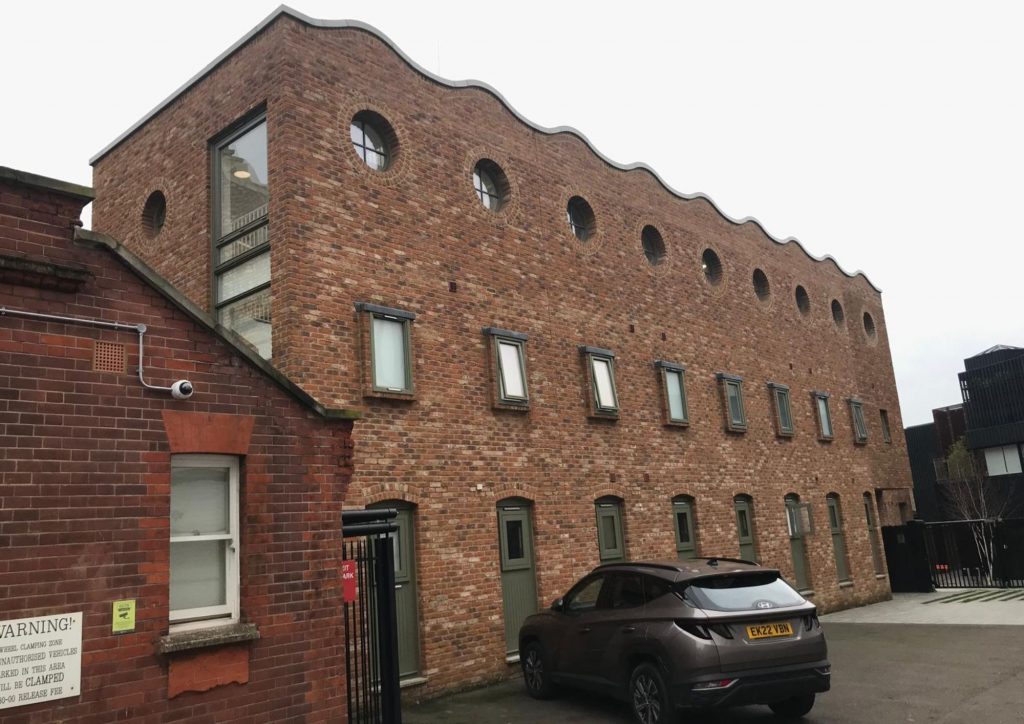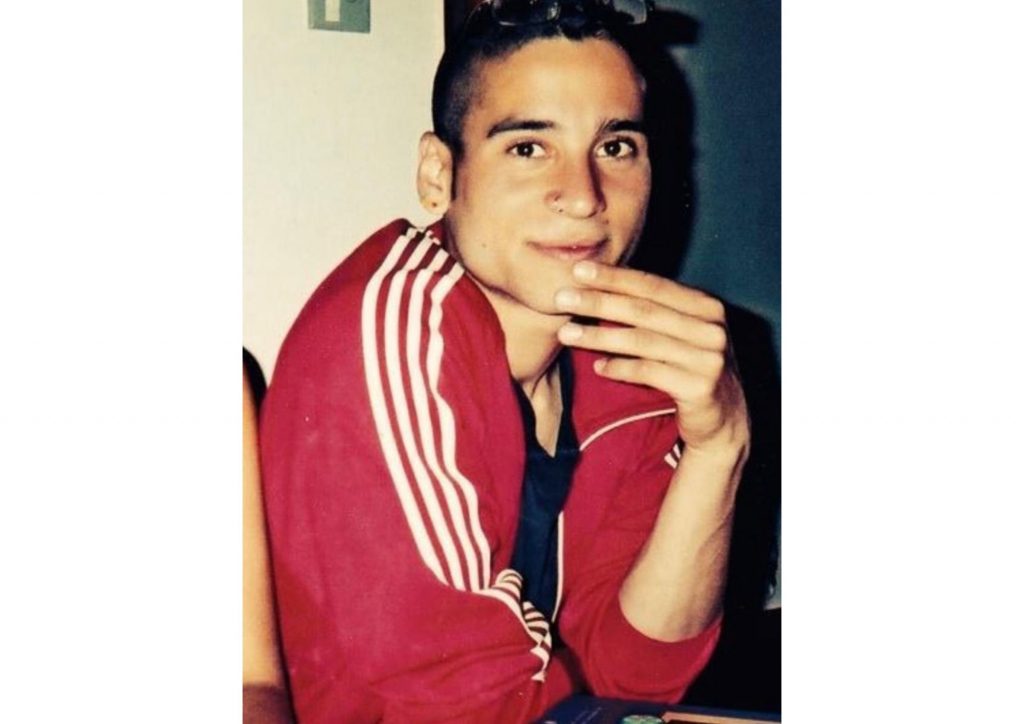Review criticises care at council's flagship hostel after musician's drug death
Joe Black had been a victim of 'cuckooing'
Friday, 1st August 2025 — By Tom Foot

Joe Black
AN independent review of the death of a musician in a flagship council hostel has made “a suite of recommendations” aimed at better supporting some of the borough’s most vulnerable tenants.
The Camden Safeguarding Adults Partnership Board has published a detailed report into the “drug-related” death of Joe Black, aged 39, in Holmes Road Hostel, Kentish Town, in August 2023.
He had been moved to the site after his flat in Kilburn was taken over by a gang – the process known as “cuckooing” which targets vulnerable people for properties.
The review, launched 18 months ago, recommends a new improved system for housing homeless people who are struggling with a severe mental health diagnosis and also hard drug dependency.
It said that “significant changes” had already been made at the hostel following the outcry over Mr Black’s death, including a new senior manager and care planning.
The review has also put the government on notice about a black hole in regulation of hostels across the country that are “not subject to any inspection” from regulators like the Care Quality Commission.
Mr Black’s family has welcomed the review describing it as a “true picture” of a case that exposed cracks in the care and housing service.
The family’s statement said: “Throughout the last two years of Joe’s life, he did not receive the advice, help and support from staff and services that he so desperately needed.
“Without any doubt, Joe’s self-esteem and mental and physical well-being deteriorated dramatically whilst living at Holmes Road. We can only hope that other vulnerable people with a severe and enduring mental illness who become homeless will benefit from much-needed and extensive improvements in services following the findings.”

The new hostel in Holmes Road, Kentish Town
The New Journal has reported extensively on the issues surrounding the death of Mr Black, who as a teenager had won a prestigious college place on a music scholarship and went on to become a distinguished bass player whose music was printed on vinyl and praised in industry magazine reviews.
After being diagnosed with schizophrenia he struggled to maintain order in his life and in 2021 his Kilburn home was taken over by criminals who threatened to kill him.
His family had expected him to get a greater level of support when he was moved into the Holmes Road Hostel on account of his paranoid schizophrenia, history of drug addiction and vulnerability to exploitation.
But risk assessments were either not made or were lacking in substance, and he was left in a chaotic environment without any meaningful support.
His drug use spiralled out of control and he was found dead in a squalid room in August 2023.
The report, by safeguarding consultant Alan Critchley, said: “Any victim of ‘cuckooing’ is, by definition, vulnerable and Joe was undoubtedly vulnerable at this stage by virtue of his mental ill-health and his substance misuse. Although Joe was rehoused following the ‘cuckooing’ incident his vulnerability does not appear to have been fully recognised.”
The hostel – which has won awards for its innovative design – “should have provided a stronger role in coordinating support for him”, the review said.
It also revealed that Mr Black’s early case notes had raised concerns that he “might be tempted back into drug use by other residents who may still be users” at the hostel.

Joe Black
The report exposed the bleak reality of the situation in Camden for people who become suddenly become homeless.
It said: “Whilst drug use was clearly a risk, it would have been hard, if not impossible, to find somewhere for Joe that was drug-free given that he was homeless and in need of immediate accommodation.”
Mr Black’s family has maintained throughout the case that Joe used substances like heroin, crack cocaine and ketamine to “blunt” the crippling symptoms of his psychosis.
Agreeing, the review said: “Joe would have had no interest in giving up his use of drugs and alcohol without an improvement in his mental health. The two issues needed to be tackled in tandem.”
Toxicology reports on Mr Black found he had a highly potent form of heroin in his system, believed to be connected to a batch of laboratory-produced synthetic opioids called “nitazenes” that police had been warning about in the weeks before his death.
A council spokesperson said: “Our deep sympathies remain with Joe’s family and his friends. We will take on the learning from the review, which will help us work with our partners in a more coordinated and effective way to improve the support Camden residents receive.
“In addition to the recommendations in Joe’s safeguarding review, we have made improvements to the operation of Holmes Road Hostel in the last year and agreed a plan for further improvements to support residents living in our hostels. We have a zero-tolerance approach to drug dealing and while some residents who come to the hostel may be using drugs, we provide drug intervention services to support them.”